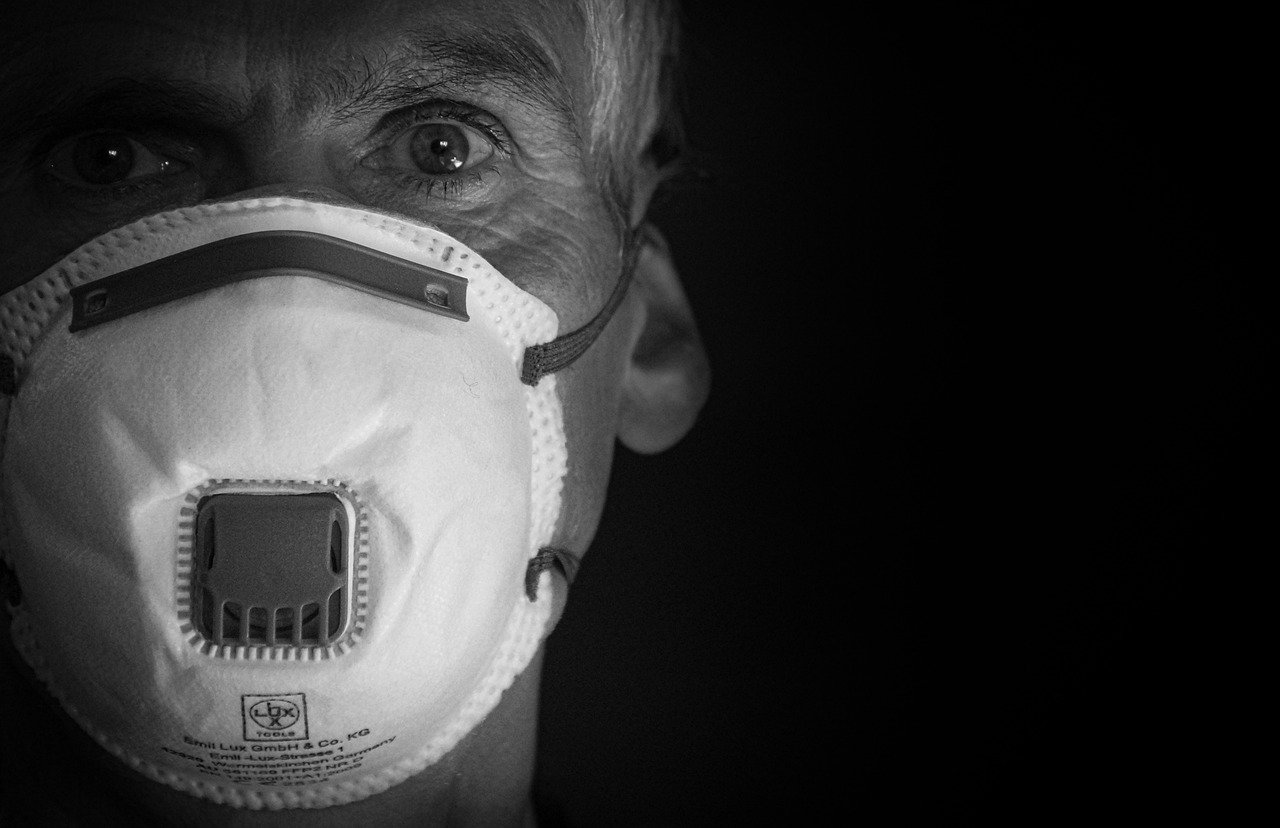A recent article in The New York Times hit the nail on the head when it comes to describing some things I wish I’d known about living with MS before I started living with MS.
But the article isn’t about MS. The Times‘ Tessa Miller writes about Crohn’s disease, a type of inflammatory bowel disorder. Like MS, Crohn’s is an autoimmune disease. Instead of attacking the central nervous system, however, it attacks the body’s digestive system. And Miller’s “Five Things I Wish I’d Known Before My Chronic Illness” mirrors a lot of things I wish I’d known before my MS. I think what she’s written will hit home with you, too.
The mental is as hard as the physical
There’s fear of disability and death. There can also be stress over things like paying for medical care or medications. There’s worry about a loss of control over our lives. And there’s the possibility of depression. In the article, psychotherapist Matt Lundquist recommends that a therapist who has experience with chronic illness patients become a member of your healthcare team.
Your relationships change
You might have to give up a career. Friends, and even a spouse, may disappear. “It’s hard to be a good employee when you need extended time off,” the article says. “It’s hard to be a good friend when you cancel plans last minute. It’s hard to be a good partner or parent when you barely have the energy to get out of bed. No matter how much you try to explain, people expect you to get better already — and when you don’t, they resent you, consciously or not.” Sound familiar?
Everyone offers advice
Miller says that people have suggested she try “yoga, meditation, essential oils, acupuncture, CBD oil, vaping, prayer, bone broth and (fill in the blank with the latest fad) diet.” With the exception of the bone broth, I’ve heard all of these suggested as MS treatments. In my opinion, social media can multiply this unsolicited advice problem significantly, and provide an opportunity for suggestions from people you don’t even know.
“Chronically ill people research their diseases ad nauseam,” Miller continues. “They try more treatments than they can count. In many cases, great scientific minds can’t crack a cause or cure. So unless someone asks for your advice, don’t offer it. If you’re on the receiving end of misguided advice, say something like, ‘I appreciate that you’re trying to help, but my doctors and I think this treatment is best right now.’ Or ‘Thank you, but that wouldn’t help. Here’s how my disease works, and here’s the kind of treatment that’s required.’”
You have to educate yourself — and everyone else
Writing “The MS Wire” I learn something everyday. I also try to teach something. There’s a lot of misinformation about MS floating around online (as well as about other subjects), unfortunately. It needs to be identified and discredited. There are also a lot of information gaps that need to be filled. Miller writes: “It was up to me to learn and teach — friends, family, bosses, partners — through conversations, books with passages marked, emails highlighting new research, and social media posts.” We all need to do the same.
Support is everything
I’ve had MS nearly 40 years and I’m unbelievably fortunate to be married to a woman who’s supported me each and every day. But as an MS writer I hear story after story about people with MS who have very little support from family or friends, or no support at all. “Chronic illness is really lonely,” Miller says. In many cases, that’s an understatement.
To find support, Miller joined an online community of Crohn’s patients. I can understand that. Even with the wonderful support I get from my wife and the rest of my family, I belong to a few MS support groups on the web. I use them both to learn and to share. They include the Facebook groups “We’re Not Drunk, We Have Ms,” “We’re F**in MS Warriors,” and “Lemtrada for MS Treatment.” A support group, writes Miller, “doesn’t just help you feel less alone, but it connects you with resources and provides a place to ask questions and share stories without shame.” But beware, as I cautioned earlier, of information that some people in these groups offer without providing support for their data. Be especially wary of suggested treatments. People mean well but their information may not be reliable.
What do you wish you’d known?
Miller says she’s learned countless other lessons about living with a chronic disease since she was diagnosed. Do you have some things you know now that you wish you’d known years ago? Write a comment and let me know.
(A version of blog first appeared as one of my columns on the Multiple Sclerosis News Today website).
Featured image by Robin Higgins from Pixabay



